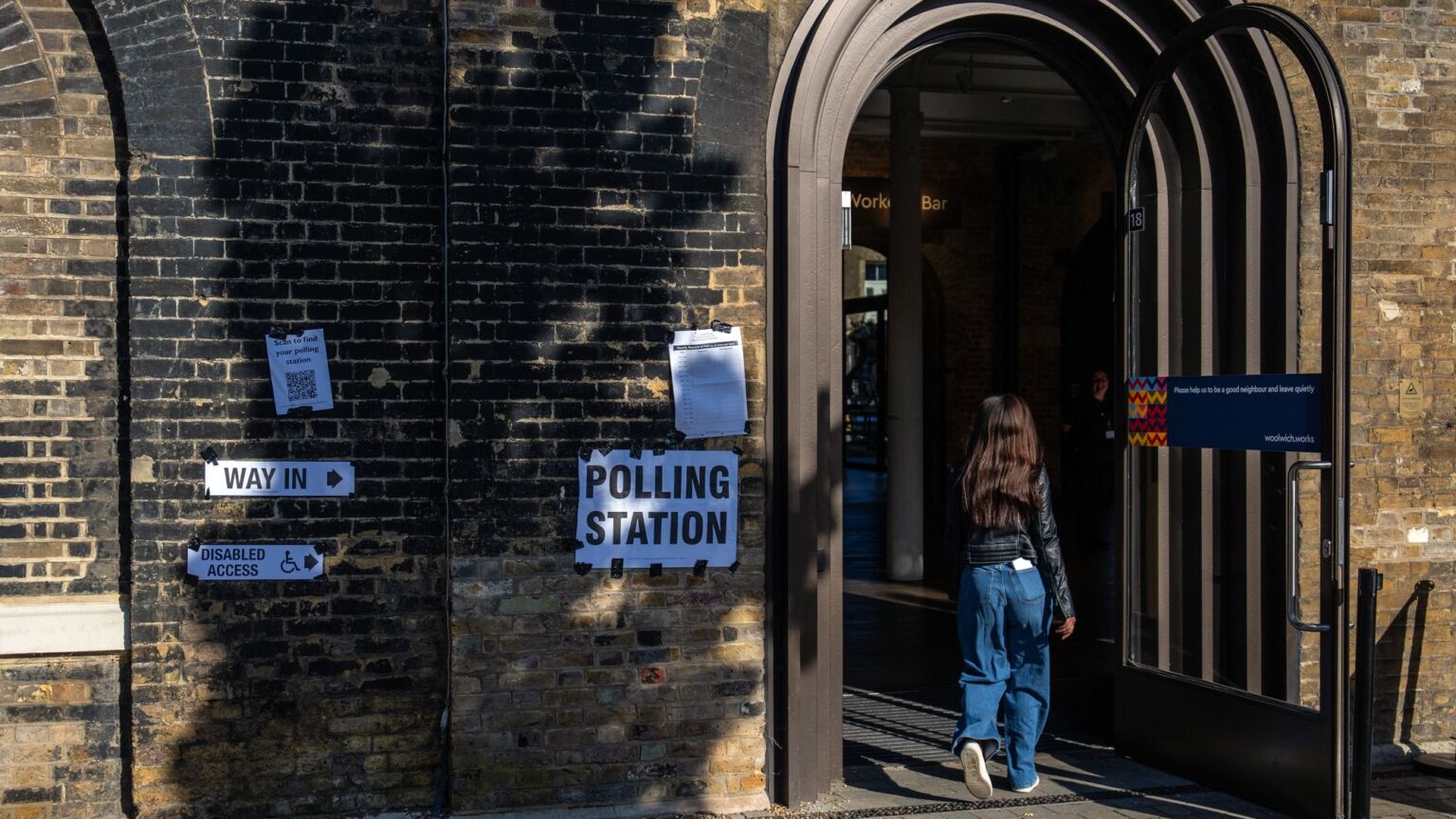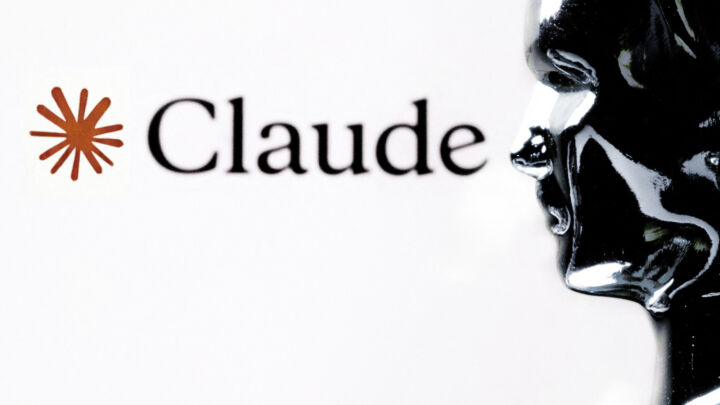Labour’s ‘votes for children’ policy is a sign of pure desperation
There is no principled, democratic case for expanding the franchise to 16-year-olds.

Want unlimited, ad-free access? Become a spiked supporter.
Children will be allowed to vote in the next UK General Election under plans being drawn up by the Labour government. As part of a raft of measures in the upcoming Elections Bill, the franchise will be expanded to include 16- and 17-year-olds. According to Labour’s democracy minister, Rushanara Ali, this ‘seismic’ change is necessary to ensure young people’s voices are heard.
Of course, as every switched-on teenager surely knows, Labour’s long push to give 16-year-olds the vote has nothing whatsoever to do with democracy. Young people themselves are not agitating to have their ‘voices heard’ at the ballot box. There are no notable grassroots movements for this major expansion of the franchise. There have been no Suffragette-style stunts or Chartist-style uprisings for teens’ right to tick a box on polling day.
Labour’s only interest here is in gaining partisan advantage. As the National Centre for Social Research spells out, ‘age has become the biggest demographic divide in British politics, with younger people being more likely to vote Labour’. That is literally all there is to it. This votes-for-children policy is a nakedly cynical ploy to improve Labour’s (currently very poor) odds at the next election.
I use the word ‘children’ advisedly, as there is no other area in which the Labour government considers 16-year-olds to be adults, deserving of the rights and responsibilities that flow from reaching the age of maturity. After all, where is the government’s plan to let 16-year-olds enjoy a pint unsupervised in a pub? To get a tattoo or lie on a sunbed? To consume pornography, watch explicit films and play violent video games? Or to sign contracts and own property? The government does not want 16-year-olds to be able to do those things because it considers 16-year-olds to be children.
Ali has justified the change on the grounds that, ‘at 16, a young person can work, they pay taxes, they can join the army. So there’s no reason why from that age, they shouldn’t have a say in who governs our country.’ But not that many teenagers work anymore, do they? Which you can hardly blame them for, considering that New Labour raised the school-leaving age in England from 16 to 18 back in 2008. And while it is technically true that 16-year-olds can join the army, they cannot serve in active combat. Presumably, we can look forward to Keir Starmer fronting a campaign for teenagers’ inalienable right to be shot at on the battlefield.
Campaigners for votes at 16 used to be able to cite marriage as an example of something we trust 16- and 17-year-olds to do. But since 2023, it has been illegal for under-18s to marry, even with parental consent. The Marriage and Civil Partnership (Minimum Age) Act passed with cross-party support. As a government press release said at the time, this law was supposedly necessary to ‘protect vulnerable young people’ and prevent ‘children’ – that’s right, children – from being ‘manipulated… into marrying under-age’. These are the same ‘vulnerable children’ that Starmer and Co want to entrust with choosing the next government.
Labour may present its votes-at-16 policy as a blow for democracy, as a long overdue recognition of the maturity of young people. But it is nothing of the sort. It’s an attempt to reshape the electorate for explicitly partisan ends. It amounts to what Bertolt Brecht might have described as ‘dissolving the people and electing another’. We must reject this generational gerrymandering.
Fraser Myers is deputy editor at spiked and host of the spiked podcast. Follow him on X: @FraserMyers.
You’ve hit your monthly free article limit.
Support spiked and get unlimited access.
Support spiked and get unlimited access
spiked is funded by readers like you. Only 0.1% of regular readers currently support us. If just 1% did, we could grow our team and step up the fight for free speech and democracy.
Become a spiked supporter and enjoy unlimited, ad-free access, bonus content and exclusive events – while helping to keep independent journalism alive.
Monthly support makes the biggest difference. Thank you.










Comments
Want to join the conversation?
Only spiked supporters and patrons, who donate regularly to us, can comment on our articles.